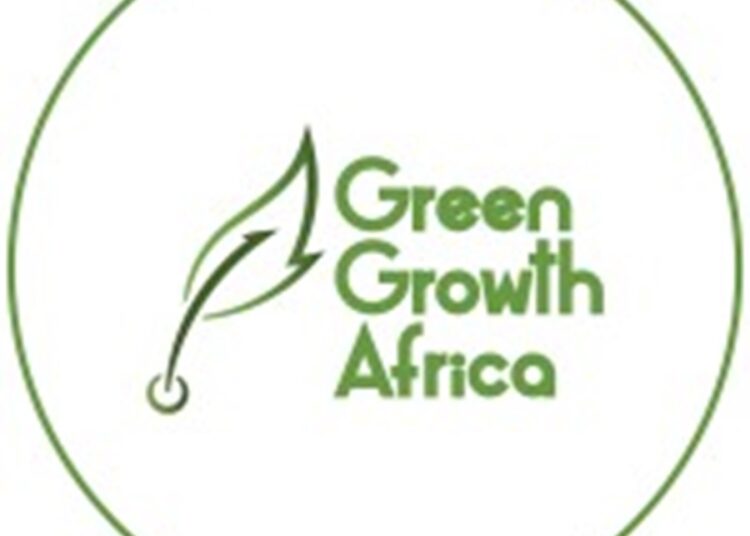Green Growth Africa has introduced Eco-Justice Africa, a citizen-driven, tech-enabled initiative designed to combat environmental crimes and empower communities to exercise their “right to a clean, healthy, and sustainable environment”.
Eco-Justice Africa combines seven solution pillars to stem environmental crimes and promote environmental justice in Africa: Citizen Empowerment, Digital Innovation, Data Verification, Stakeholder Engagement, Evidence-based Advocacy, Data-Driven Policy Engagement, and Strategic Litigation.
Executive director of Green Growth Africa Adedoyin Adeleke said the product is meant to facilitate inclusivity and equitable access to the media and empower the citizenry to become frontline advocates and eyewitness reporters for environmental justice (Eco-Advocates) through its groundbreaking digital innovation, Green Growth Watch.
Dr Adeleke lamented that the devastating consequences of environmental crimes extend far beyond the environment —they disrupt the lives of millions of Africans, threaten food security, and jeopardise the socio-economic development of our beloved continent.
Environmental crimes have emerged as the world’s fourth largest form of organised crime, trailing only drug trafficking, counterfeiting, and human trafficking, according to the United Nations Environment Programme (UNEP).
Adeleke said that while the crimes are often called “crimes against the environment,” they should actually be described as “crimes against humanity,” given their far-reaching economic and social implications.
Environment experts claim that every year, environmental crimes cost Africa about $195 billion US – in context, that is more than 10 times Nigeria’s total budget for 2024.
“Urgent, coordinated action is needed to combat these crimes and protect Africa’s future. Eco-Justice Africa stands at the forefront of this action,” he stated, adding that by empowering citizens with digital tools to expose environmental crimes, his organisation is amplifying their voices and shining a light on injustices that often go unnoticed.
While the foundation now hopes to secure justice against environmental criminals through direct stakeholder engagement and media advocacies, Dr Adeleke said strategic litigation would be engaged for cases that require stronger measures to ensure justice.
He believes that his approach would ensure that decision-makers have access to accurate, timely data to deliver targeted policy interventions, hold perpetrators accountable, and foster systemic change. “Through EcoJustice Africa, we are building a movement to reclaim our collective right to a clean, healthy, and sustainable environment.”
Adedoyin said environmental crimes and violations negatively affect natural ecosystems, leading to preventable environmental calamities. He said it was wrong to refer to drought, flood, and other environmental disasters as natural, stating that they are caused by man in avoidable circumstances.
“No! Nature is balanced from creation. Disasters of such form for which we suffer significant social, economic and environmental losses are caused by humanity’s upset of the natural ecosystem. Hence, we say: there are no natural disasters, rather, nature-based disasters,” he said.











